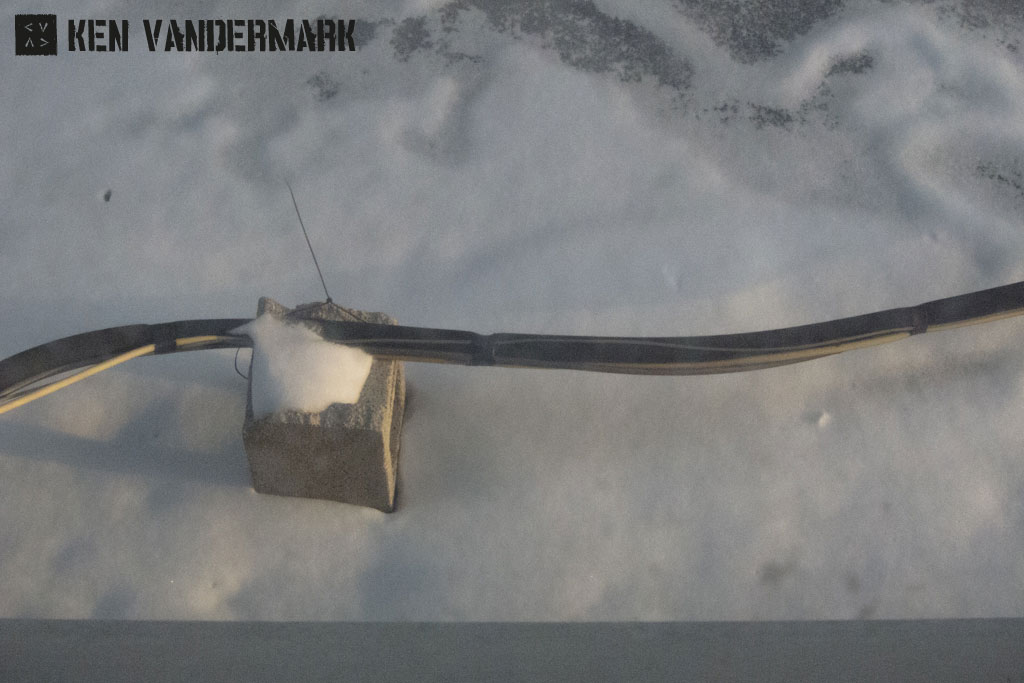

JC: What was it about hearing Joe’s music that so captivated you?
KV: One of the things is the amount of beauty that comes across. As aggressive as it can get sometimes, there’s a sense of remarkable beauty. I’d been listening to a lot more mainstream stuff growing up, and I was starting to get exposed to more “outside,” experimental things through my father, like Archie Shepp, Sam Rivers. But I wasn’t really connecting with it the way that, say, I connected with Thelonious Monk. My father flipped out the day he got Tenor, and said: “You’ve gotta hear this, you’ve gotta hear this!” It was in the morning, he put it on, I remember it was “Goodbye Tom B,” and it was as close to an epiphany as I can imagine. The extroverted Shepp/Rivers playing, the use of overtones and shrieks, were all there, but it connected with me in an incredibly musical, melodic sort of way. It really spoke to me. It communicated to me the way Monk did, but using a different language. I heard that and literally said: “This is what I want to do. This is the way I want to go. This is the music I want to play.” It’s hard to keep it from sounding trite or corny, but playing for Joe was a highlight of my life. And to have him react positively was a bonus! [laughs] From the first time I heard Joe’s music to the time we played together was a 14-year process, a path that was really instigated by his music.
JMP: When we finally connected here in Chicago, all we needed to know was there, so it felt like we’d been playing together for years and years. It was that complete. It had come around in a circle.
JC: There are a lot of stereotypes about free music and its relationship to beauty and lyricism — the preconception that music after the ’60s got violent, this idea that beauty had to be obliterated.
JMP: Well, the first thing I’d do is just trash “freedom.” Let’s trash that whole concept. There’s a big distinction between freedom and license. It doesn’t mean you can just shit all over everything and blow your brains out. Freedom is a work-in-progress. When Coltrane’s music became very energetic, people thought of it as being violent, and again a mistake is made in the interpretation of what passion is. It’s not necessarily anger or violence, though those are certainly part of our lives and should be reflected in what we do.
KV: It isn’t just about doing whatever you want whenever you want. There’s a responsibility to make the music interesting, and that means you really have to listen and pay attention and work hard on developing possibilities. “License” is an interesting way of putting it. It’s like working toward having permission to do things. Whether it’s with compositions or it’s freely improvised, it’s about trying to find the communication center. It gets into pseudo-mysticism: When music’s really working you can become sort of unconscious. Last time we played together, at the end of the concert Joe and I were playing contrapuntal statements, and in very indirect ways we arrived at the very same note at the very same time, completed our statements, and that was the end of the concert. There’s no way I could have anticipated where he would go; the music just happened that way. To get into a state where things like that are possible takes a lot of discipline. I work with people who take it that seriously, they don’t think, Let’s screw around and waste everyone’s time. It’s like, Let’s find some music here.
© 2024 Ken Vandermark – musician & composer | Disclaimer